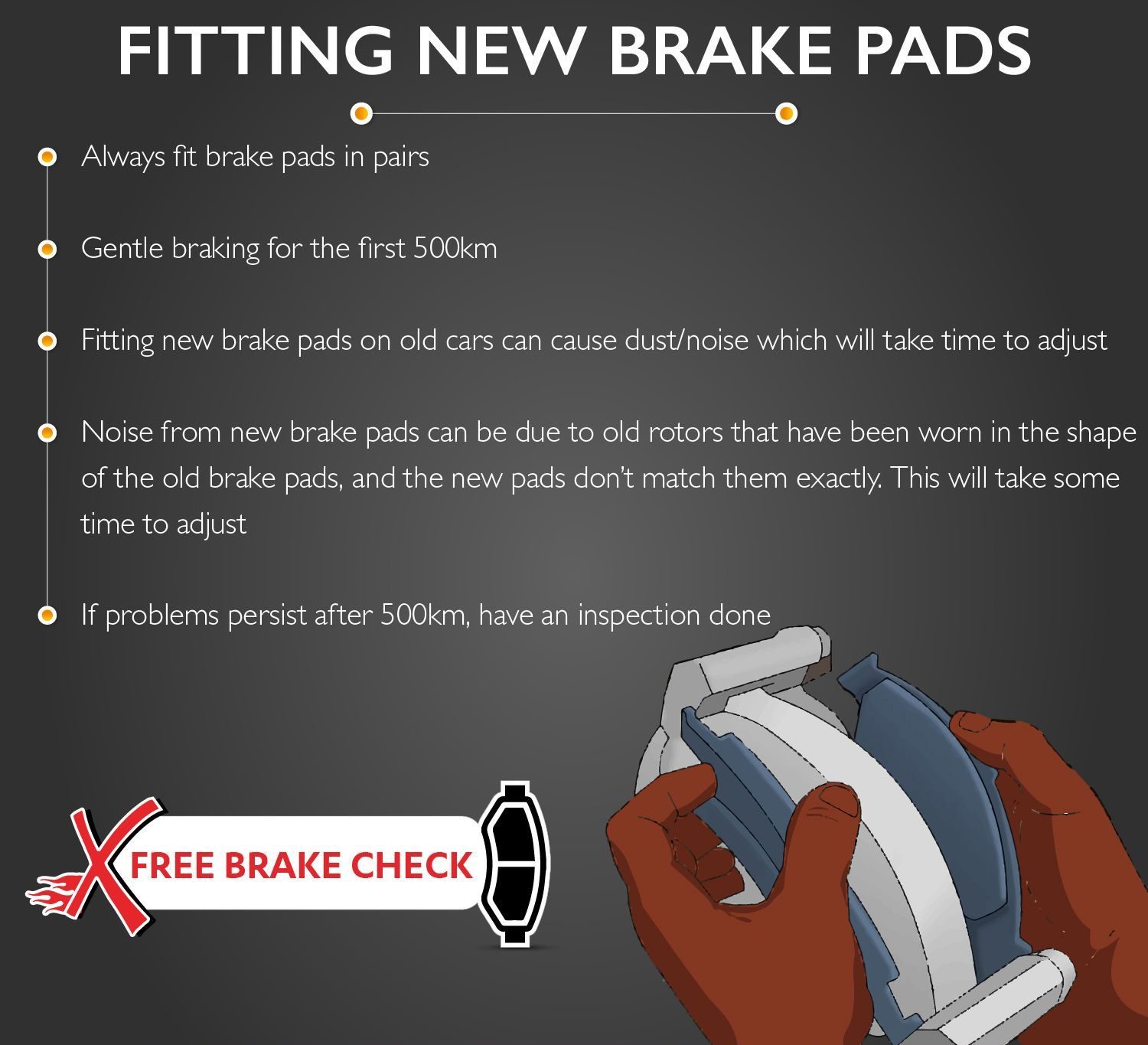
If you have just replaced your brake pads and they are still squealing, don't worry! This is a common problem that many people experience. You may wonder why this is happening and whether or not it is a serious issue. Rest assured, there's nothing wrong with your brakes. In fact, that squealing noise is actually a good thing. It's just your brake pads doing their job.
In this blog post, we will discuss the possible causes of brake pad squeaking and what you can do to fix it. We will also cover some preventative measures that you can take to help reduce the chances of this problem occurring in the first place. Thanks for reading!
Why Your Brakes Squeak After New Pads and Rotors
Embedded dust between the rotor and the calliper is the leading cause of squeaking brakes after pad and rotor replacement.
After changing pads and rotors, a professional mechanic will always spray brake cleaner on the rotor and callipers. Doing so removes any dust that embeds between these two parts.
If the mechanic skips this step, then be ready for the brakes to squeak.
The most effective way to remove excessive dust is first to remove the tyres. Then, spray the brake cleaner along the rotor and calliper. Allow it some minutes to dry before re-installing the tire.
When you replace the pads, you also need to resurface the rotors. Sanding of the pads is recommendable before bending them into the rotors.
Also, you should coat new pads with anti-seize on the back before installation. The brake pins should also be thoroughly cleaned and lubricated.
Properly installed brakes should not make noise that is audible in the cabin.
Rocks and gravel are notorious for sticking in the calliper. When they are in between the rotor and calliper, they cause annoying vibrations as well as grinding noises.
You will hear this squeak even when driving at a low speed and without any pressure on the brake pedal.
Debris is dangerous because it can easily damage the rotor to the extent of requiring a new replacement. Also, it can cause uneven pad wear and misalignment of brake pads.
It is incredibly dangerous to have a panic stop. It heats the brakes, thus causing a glossy finish on your pad, which in turn produces a squeaking sound.
If this happens, take your car to a mechanic. A good mechanic will remove the pads and sand them to remove the glossy smooth surface.
Conclusion
New brake pads will often squeal when first installed on a vehicle. When new brake pads are fitted, it's vital to drive gently and carefully until they bed in, which takes approximately 200 kilometres. Excessive braking action on new parts can potentially damage them and lead to a loss of braking efficiency and performance.
Many brake experts recommend breaking in new brake pads with a 30-30-30 procedure: 30 gradual stops from 30 kmph with 30 seconds in between each stop for the brakes to cool. This procedure will prevent the pads from getting too hot until the resins have fully cured.
An alternative 60-20-10 procedure is to gradually brake from 60 kmph to 20 kmph 10 times with moderate pedal pressure (without coming to a complete stop each time). After the last brake application, accelerate back up to 60 kmph and drive for several minutes without braking so the brakes can cool. This should complete the initial bedding of the pads.
Some brake pads come with a special surface “transfer” coating that rubs off the pads and bonds to the rotors as the pads break in. This may leave a light grey coating on the rotors, which is normal.
One thing to avoid with new pads is hard panic stops or high-speed braking until the pads have fully seated. Slamming on the brakes with a brand-new set of pads can overheat the pads and rotors, which can glaze the pads. This will make the pads noisy and reduce braking effectiveness.
